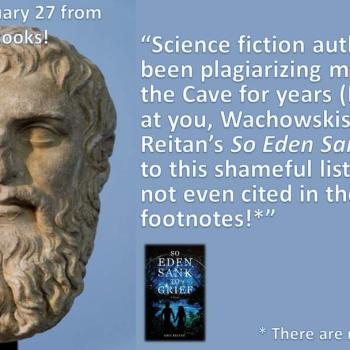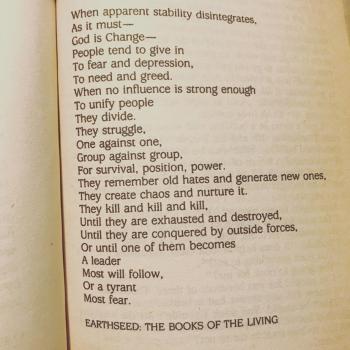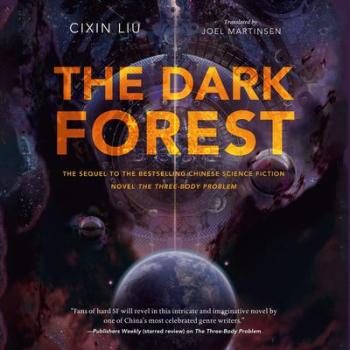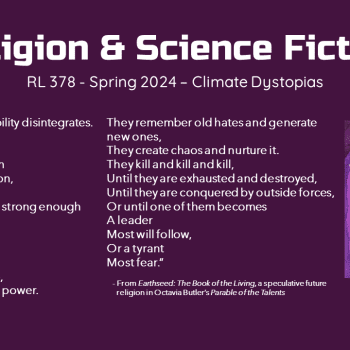I have been meaning to blog about Lucian of Samosata since Lorraine Boissoneault wrote an article about him for Smithsonian magazine towards the end of last year. It discusses the question of whether Lucian’s work fits the genre of science fiction, discussing other contenders for the “first work of science fiction” such as the Epic of Gilgamesh, Johannes Kepler’s novel Somnium, and Mary Shelley’s Frankenstein.
There is also a very good article about Lucian in ARAMCO World. It highlights his identity as a native speaker of Syriac, explores the characteristics of his writing more generally, and also gives some attention to his story “The Sorcerer’s Apprentice” which is familiar to many from the adaptation of it in Walt Disney’s Fantasia. But it also includes a treatment of his invention of the fictional space ship, war in space, inhabitants of the moon, and the “superman,” to name just a few elements that most people today associate with science fiction, but without crediting Lucian.
Would you credit Lucian as being the first author of science fiction? Would another author – or perhaps an anonymous work such as 1 Enoch – seem to precede Lucian and thus be more deserving of credit? Or are none of these ancient authors and works science fiction, precisely because there can be no science fiction in the modern sense until there is science in the modern sense of the word?
Both of the articles above suggest that there is at the very least a direct connection between Lucian and science fiction, not only because of the themes, motifs, and plot elements shared between them. Lucian’s writings themselves had in some cases a direct, but in every instance at least an indirect, influence and impact on the authors who developed the modern genre of science fiction. And so if he is not the father of sci-fi, he is at the very least its grandfather or great-grandfather.
What do you think? Should a class on science fiction start with Lucian, or skip directly to something more recent?
























